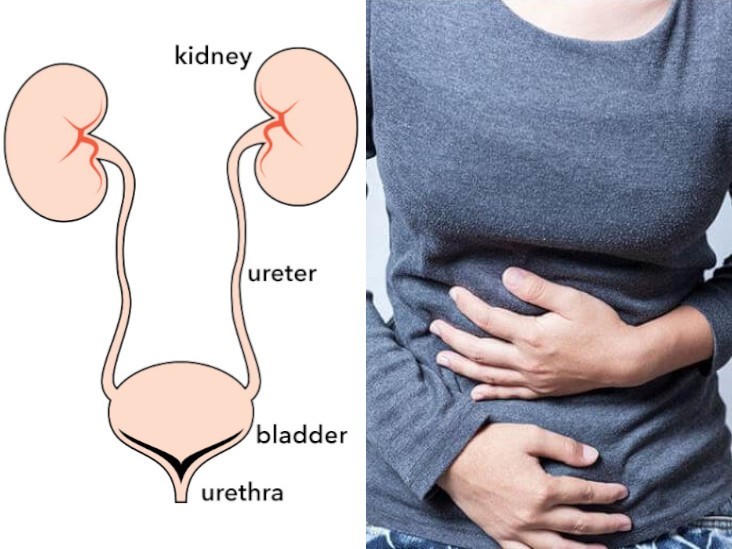What is the treatment?
A urinary tract infection (UTI) is an infection that can occur anywhere within the urinary system. This infection occurs largely within the bladder and urethra, which is why it is also known as a bladder infection. While women are generally more susceptible to getting a UTI, the infection can occur in men as well. A UTI is considered a low risk infection however, it can be extremely dangerous once the infection spreads into the kidneys. This is why it should be resolved as soon as possible.
Urinary tract infections are fairly quick to treat. There are specific medications available in the market to treat this infection and you can administer them to yourself in the comfort of your home. If your infection has a tendency to occur again and again, your doctor may prescribe a mild antibiotic to help clear it out once and for all. If the infection is occurring post menopause, then the doctor may recommend vaginal oestrogen therapy in order to prevent more infections from taking place.
If you are suffering from a severe urinary tract infection, then you may have to be hospitalized. This is because the doctor will want to give you your medications intravenously in order to clear the infection faster.
How is the treatment done?
A urinary tract infection is diagnosed with the help of a urine sample. Analysing the sample can provide enough evidence for the doctor to confirm your UTI. If your UTIs are recurrent, the doctor may use a scope in order to have a look inside your urethra and bladder to determine the cause for recurrence. An ultrasound or an MRI can also help in this case. If your UTI is severe, a bacteria culture may be grown within the lab for the doctor to get more information about the infection. However, more often than not, a urine sample will suffice.
Once the UTI is confirmed, the treatment can begin. Your doctor will prescribe the appropriate medications to you to clear out the infection. The exact dosage will depend on how severe or mild the infection is. All you need to do is take the pills as directed.
For recurrent infections, an antibiotic course that can go up to 6 months or longer will be prescribed. This will not only clear the infection you have, but also take care of any other strains of bacteria left behind or new infections to follow in the course of the treatment.
If your UTI is severe, then you might be hospitalized. A cannula will be inserted into your arm or wrist and an IV drip will be attached to the same. The drip will contain antibiotic medication that will help get rid of the UTI within a few days.
Who is eligible for the treatment? (When is the treatment done?)
If you have a UTI, you can seek out treatment for the same. UTI treatments can be administered to women and men of all ages.
Who is not eligible for the treatment?
If you are suffering from a kidney infection, you might exhibit symptoms and signs that can be similar to a bladder infection. Once a proper diagnosis is carried out, you can be sure of what you have. If you have a kidney infection, then the treatments for a UTI will not help you.
Are there any side effects?
Antibiotics can sometimes raise the body temperature and cause a fever. This is completely normal and nothing to be alarmed about.
What are the post-treatment guidelines?
Certain lifestyle changes can help you prevent UTIs from occurring. Drinking plenty of fluids can help ensure that your urinary system is flushed out on a regular basis. This keeps it clean and less susceptible to infections. Peeing after having sexual intercourse is also a way to ensure that your urinary system is not clogged.
How long does it take to recover?
It can take a few days to clear up the infection, although the treatment itself may last a full week.
Are the results of the treatment permanent?
Some people have recurrent UTIs. If this is the case, it is important to examine why the infection keeps coming back. Treating the underlying condition or resolving the lifestyle element that is leading to the infection recurring can help clear it once and for all. However, with most people, the results of the treatment are permanent.
What are the alternatives to the treatment?
Cranberry juice is known to help prevent UTIs, though there are no official studies to back up this claim.



